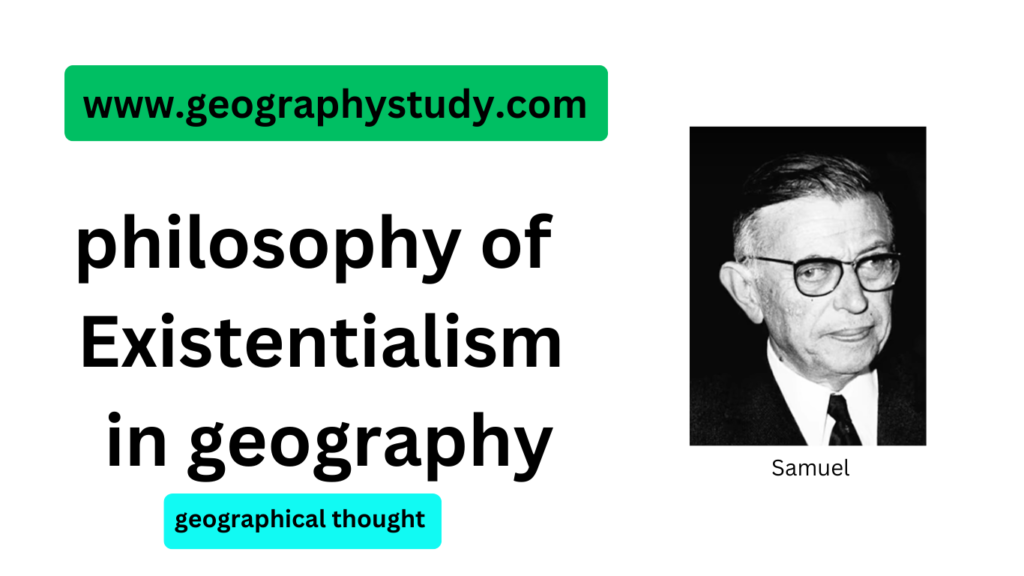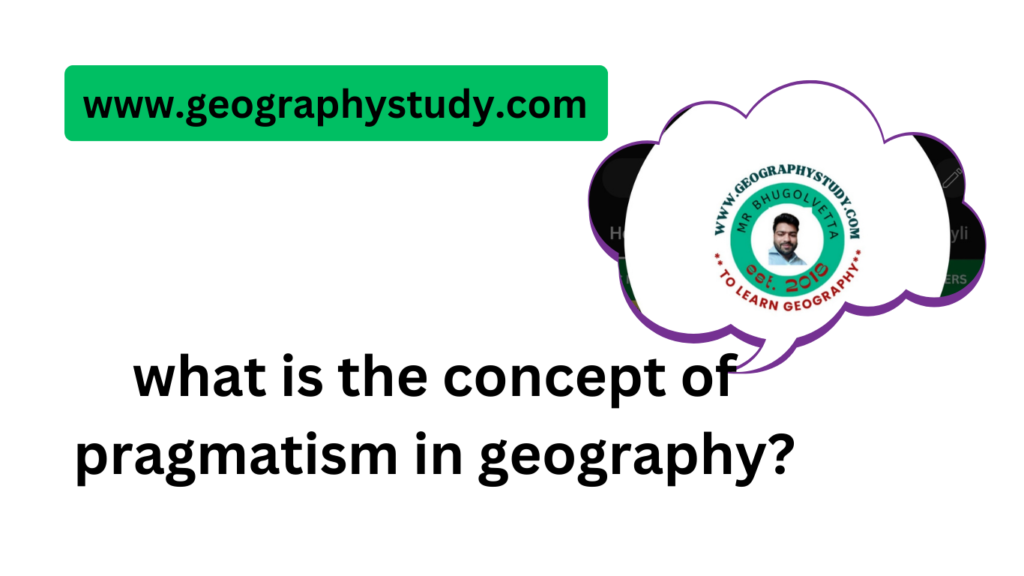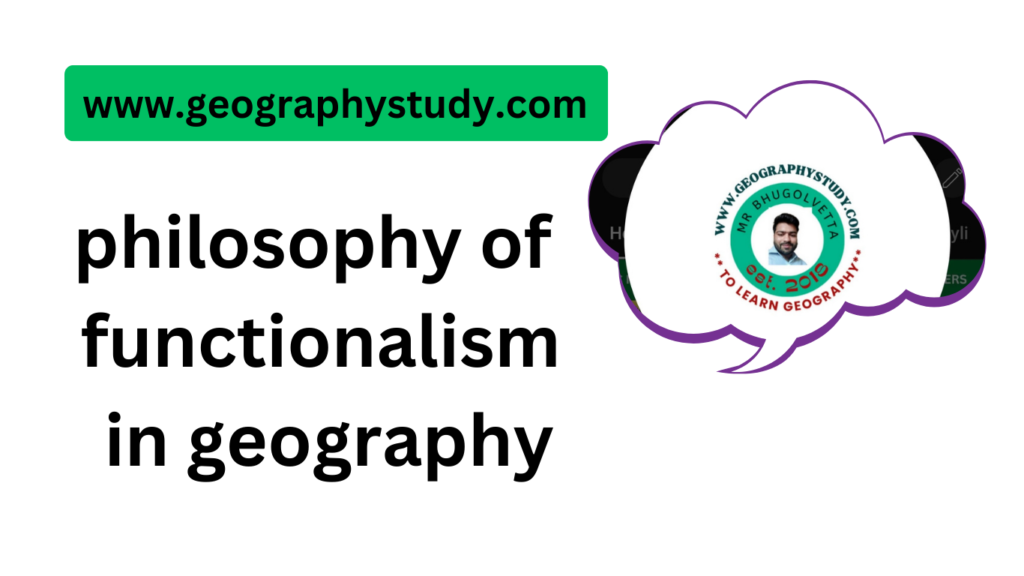Existentialism, a philosophical movement that emerged in the 20th century, emphasizes the freedom and responsibility of individuals to create their own identity and meaning in the world. In the context of geography, existentialism places a strong emphasis on the human experience and the role of individuals in shaping their own existence and the landscapes around them.

What is the philosophy of existentialism in geography?
Existentialism is the philosophical view that man is responsible for making his own nature. It places stress on personal freedom, personal decisions, and personal commitment. It emerged to challenge and even abandon the purely objective, quantitative end deterministic analysis. It urges our concern for human values, quality, subjectivity, and spirituality.
In existential geography, or central concept is that of extensional space.
According to Samuel:
“it is an assignment of space”. Such an assignment is a result of human reality.
Existentialism has been considered an endeavor on the one hand to restore the concrete, immediate experience of existence in situ to the realm of knowledge and, on the other hand, to bridge the logical gap that separates subjective from objective, idealism from materialism, and essence from existence.
It is based on existence comes before essence. This phrase means that man first of all exists, encounters himself, searches for himself in the world, and defines himself afterwords.
Principles of Existentialism:
The first principle of existentialism is that ‘once thrown into the world, man is responsible for everything he does’. Existence comes before essence, as it were because man is free.
In brief, existentialism is a philosophical view, that declares that man is responsible for making his own nature. As said earlier, it stresses personal freedom, personal decision, and personal commitment; it empathetically argued, ‘we are doing it with no excuses’.
Some scholars have considered existential geography is biography of landscape, an analysis of the landscape biography may be either backward from an already given landscape to particular individuals or groups, or forward from the letter or toward landscape articulation.
Summary:
extensional geography plays the greatest emphasis on the human core of existence the main advantage of this philosophy lies in the fact that it is anthropocentric which should help in the expansion of the horizon of geographical research.


Pingback: concept of areal differentiation in geography - Geography Study